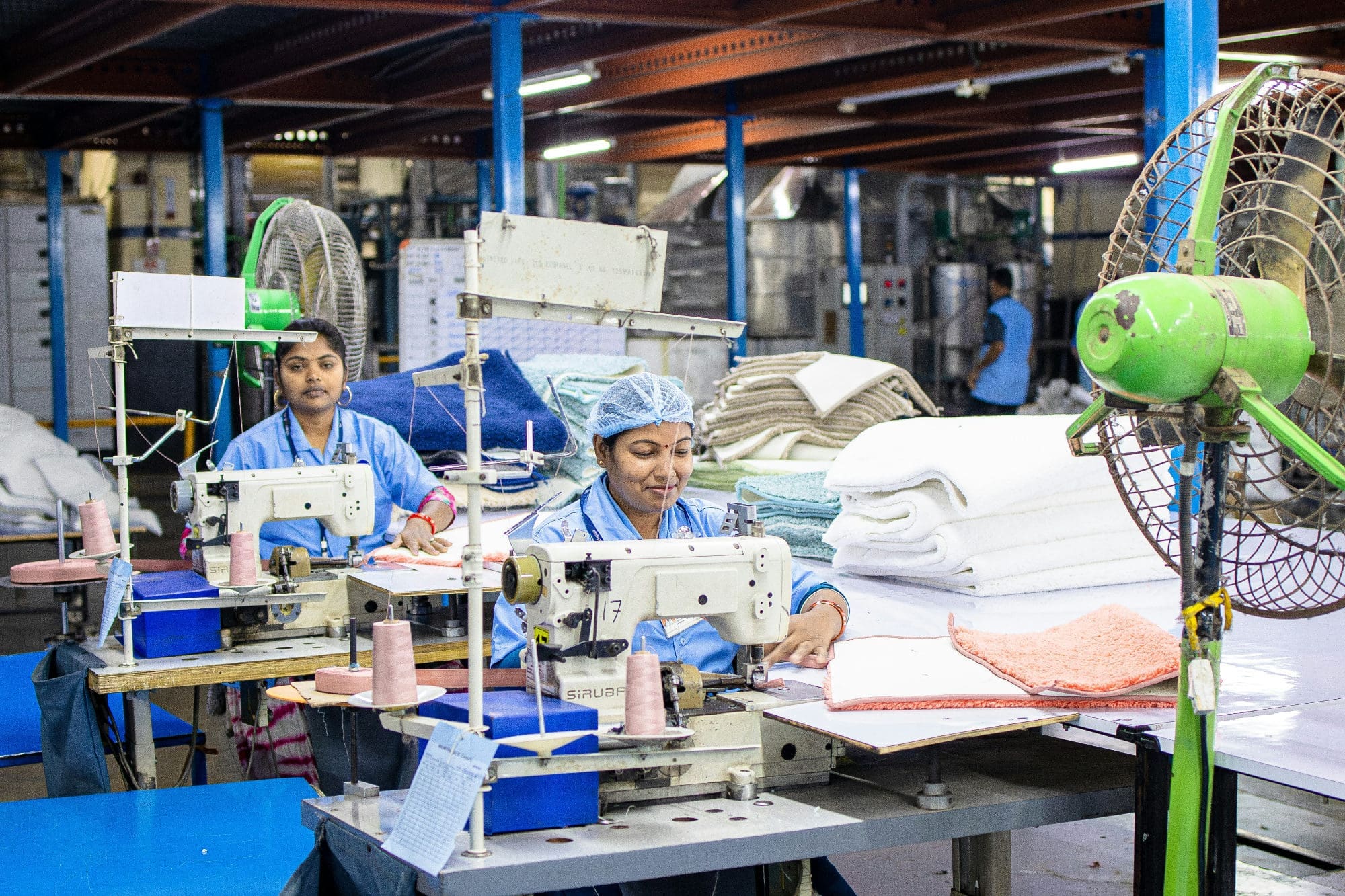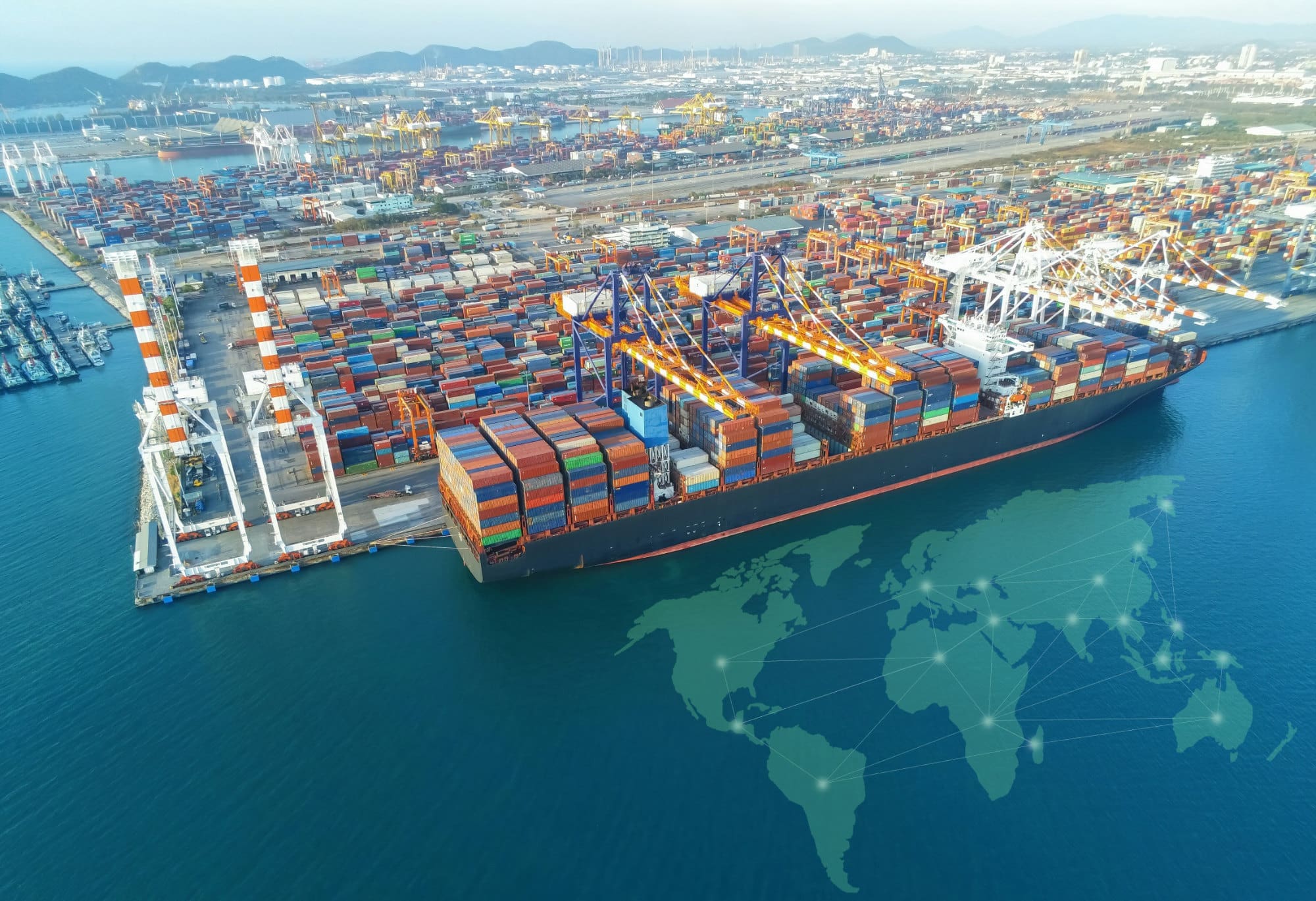When you make any kind of a green claim these days, nobody tends to believe it unless you can back it up with solid evidence. Thankfully, EcoVadis offers a structured and reliable way to do just that.
You see, EcoVadis doesn’t just hand out shiny medals for fun. It delivers one of the world’s most trusted, comprehensive, and widely used assessments of how well companies actually walk the talk on sustainability.
And the EcoVadis scores they hand out? They are most definitely not just for show! Because they are so widely recognized and trusted, they can open up a lot of doors for you. Doors that help you win over major clients, strengthen supplier relationships, meet ESG expectations, or simply prove that you’re doing the right thing.
Sounds like working towards a high EcoVadis score might just be worth the effort, doesn’t it? But before you set your sites on achieving an impressive score, you’ll first need to understand how the system works.
Have a read of this article, and you will! Because here we explore the EcoVadis scoring system as a whole, and dive deep into each of the key EcoVadis scoring themes.
So, what does an EcoVadis score actually look like?
The EcoVadis score, at a glance
Well in simple terms, it’s a number between 0 and 100 that reflects how well your company is performing sustainability-wise at the time of assessment. But don’t be fooled by this seeming simplicity!
EcoVadis doesn’t just pluck a number out of thin air here. The final score they allocate is the result of a detailed, evidence-based review of your company’s sustainability policies, actions, and overall performance.
Naturally, the higher your final number, the better your sustainability game in the eyes of EcoVadis. (If you do well enough, you might even land yourself a nice shiny EcoVadis medal or badge, which you can proudly show off as internationally recognized proof that your company means business and delivers the business when it comes to sustainability).
And those are reliable eyes we’re talking about. This EcoVadis score is based on a standardized methodology that’s trusted by more than 100,000 companies worldwide. Dive deeper into this methodology, and you’ll see that your performance is assessed across four key themes: Environment, Labor & Human Rights, Ethics, and Sustainable Procurement.
Dive even deeper, and you’ll see…. well, let’s save that second dive for the next section!
Deeper dive into the four key EcoVadis scoring themes
To assess your sustainability performance, EcoVadis considers a range of sustainability issues (21 in total) that are grouped into the four key themes mentioned above.
These sustainability issues are based on international sustainability standards such as the Ten Principles of the UN Global Compact, the International Labour Organization (ILO) conventions, the Global Reporting Initiative’s (GRI) standards, the ISO 26000 standard, the CERES Roadmap, and the UN Guiding Principles on Business and Human Rights.
Okay we know that sounds like a lot, but not to worry, below we’ve broken down how these 21 issues are divided across the four scoring themes.
Theme 1: Environment

When most people think about sustainability, the environment is the first, and sometimes only thing that comes to mind. Which we think is fair enough since pollution and extreme weather are by far the most ‘in your face’ consequences of ignoring sustainability!
EcoVadis, of course, will consider more than just the environment when assessing your company’s sustainability performance. But rightfully, the environment takes up a significant chunk of the assessment, encompassing nine of the 21 total issues involved.
Within this theme, EcoVadis looks closely at how your company impacts the planet by dividing these nine environmental issues into two main areas: operations, and products.
Operations
The operations side of things focuses on the direct footprint your business leaves behind, which includes your:
- Energy Consumption & Greenhouse Gas Emissions (GHGs): Basically, how much energy are you using? What level of GHGs are you emitting? Are you reducing these numbers as much as possible? And how are these impacts contributing to climate change?
- Water: Here EcoVadis will assess your use and management of water resources, and determine to what level you are minimizing waste and avoiding pollution.
- Biodiversity: This covers the effect your operations have on local ecosystems and wildlife, and the steps you’re taking to protect them.
- Air pollution: This issue may seem the same as the first one we mentioned, but there are differences. As well as climate change, EcoVadis also wants to know how your activities might affect air quality, including emissions beyond just greenhouse gases.
- Materials, chemicals & waste: This involves assessing how you manage raw materials, hazardous substances, and waste. It goes without saying that reduction, safe handling, and responsible disposal are the kinds of outcomes EcoVadis is looking for here!
Products
Over on the products end, EcoVadis looks beyond your own facilities to consider how your products impact the environment throughout their lifecycle:
- Product use: How eco-friendly are your products when customers actually use them? Are they energy efficient? Are they emissions-heavy? You better believe EcoVadis will be asking all of these questions and more.
- Product end-of-life: They will also want to know what happens when your products reach the end of their useful life. For example: are your products recyclable, reusable, or safely disposable?
- Customer health & safety: Ensuring your products don’t harm users or the environment during use is another pretty important factor!
- Environmental services & advocacy: On top of all of this, EcoVadis will also look to assess whether your company supports relevant environmental causes, offers services that promote sustainability, or advocates for greener policies.
All together, these environmental issues help EcoVadis understand the full scope of your company’s environmental performance and responsibility. From how you run your day-to-day operations, to how your products and services affect the world around us.
Theme 2: Labour & Human Rights

As we alluded to in the previous section, sustainability isn’t just about the planet and the environment. People are a huge part of it too, and EcoVadis couldn’t agree more.
Seven of the 21 sustainability issues covered in the assessment are related to labour and Human Rights. Under this theme, EcoVadis takes a hard look at how your company treats its workforce and respects fundamental Human Rights, covering everything from day-to-day employee wellbeing to your wider social impact. The issues they assess here are again divided into two areas: Human resources, and Human Rights.
Human resources
Under Human resources, the focus is on how you care for your employees and foster a fair, safe, and supportive workplace:
- Employee health & safety: Are you protecting your people from harm and making sure they can work in a safe environment?
- Working conditions: Beyond safety, EcoVadis will also assess whether you are paying fair wages, allowing reasonable hours, treating workers with respect, and basically, making work a place people want to be.
- Social dialogue: They will also look at how well you encourage open communication and cooperation between management and staff, which includes the right for your workers to organize!
- Career management & training: Are you investing in your team’s growth and skills development, and helping your employees build fulfilling careers? You guessed it, EcoVadis will also look to find out the answers to these questions.
Human Rights
As well as all this, EcoVadis will assess how your business respects fundamental human rights, not just within your walls, but across your entire sphere of influence:
- Child labor, forced labor & human trafficking: Are you actively preventing and eliminating exploitative labor practices anywhere you can across your supply chain and operations?
- Discrimination & harassment: Are you committed to fostering an inclusive environment, free from bias, discrimination, and harassment?
- External stakeholder human rights: As well as asking these questions, EcoVadis will also look at how your business impacts communities and individuals beyond your workforce. Determining the level of respect for human rights you give in all areas you touch.
By thoroughly examining these issues in combination, EcoVadis measures how well your company upholds the dignity, safety, and rights of people. An absolute cornerstone of genuine sustainability.
Theme 3: Ethics

So far, we’ve been talking a lot about what your company does. But it’s also important to consider how your company does things too. EcoVadis certainly considers this, and that’s where the ethics theme comes in.
Here, EcoVadis shines a light on your company’s commitment to integrity and responsible business conduct, by digging into the following three sustainability issues:
- Corruption: If corruption is prevalent in any institution, it can prevent the good that goes on in that institution from really having a positive impact. So EcoVadis is going to look very carefully at whether you are actively preventing bribery, kickbacks, and any form of corrupt behavior that could undermine fair business practices.
- Anticompetitive practices: This issue is all about playing fair, and that means avoiding price-fixing, monopolies, or any tactics that stifle healthy competition.
- Responsible information management: EcoVadis will also assess how well you handle data privacy, cybersecurity, and confidential information, as protecting stakeholder information really is crucial in today’s digital world.
By including these issues in their assessment, EcoVadis helps to ensure that your sustainability performance is built around ethical, transparent business practices. (If it isn’t, then it’s not true sustainability!).
Theme 4: Sustainable procurement

Speaking of true sustainability, it is also the case that sustainability doesn’t stop at your own doorstep. EcoVadis knows this, and that’s why they place such a strong emphasis on sustainable procurement.
Their goal is to ensure that your suppliers share your commitment to responsible practices by assessing two related sustainability themes:
- Supplier environmental practices: This involves looking at factors such as energy use, waste management, emissions, and natural resource protection to determine whether your suppliers are minimizing their environmental footprint.
- Supplier social practices: Beyond the environment, EcoVadis will also assess whether your suppliers uphold acceptable labor standards, human rights, and fair working conditions.
With these final two sustainability issues assessed, EcoVadis will have determined whether your sustainability efforts ripple outwards, encouraging a responsible and ethical network that supports your company’s values from start to finish.
And with that, EcoVadis will have extensively explored all four of its key scoring themes. A clear picture of your sustainability credentials will have formed for them. And crucially, this will be a picture that is fair and relevant to your specific company.
Because the EcoVadis assessment isn’t some kind of ‘one-size-fits-all’ situation. Much more specific than that, the many issues you’re assessed on here are actually weighted and selected based on your company’s unique characteristics.
How EcoVadis tailors the assessment to your company
EcoVadis doesn’t believe in conducting the same blanket assessment regardless of each company’s particular circumstances. Instead, the issues you’re scored on are selected and weighted based on your company’s unique context, such as your industry, company size, and operational location.
These details are captured during your registration process, ensuring that your questionnaire only includes sustainability issues relevant to you. In some cases, criteria may even be deactivated entirely. So that smaller companies, for example, can receive a more streamlined assessment.
Why does EcoVadis do this? Well, it’s all about making sure your eventual score reflects the sustainability matters that truly apply to your company.
For us, this tailored approach is a big part of what makes the EcoVadis assessment so useful and widely trusted. And while we’re on the topic of your eventual score, Dazzle may just have a trick or two to help you achieve the best one possible.

Understand each theme and maximize your score with Dazzle’s EcoVadis experts
It just so happens, that Dazzle is a platform that offers the world’s best sustainability freelancers on-demand. And within our pool of top sustainability experts, we have several seasoned EcoVadis specialists ready to show you the ropes. (And the scoring themes!).
Our experts know the entire EcoVadis process — and all the assessment topics that come with it — like the back of their hand. So with their help, you can ensure that you achieve the score you deserve.
And with Dazzle, quality is guaranteed, because all of our freelancers are extensively pre-screened. While the process is also very flexible, as you can choose to work with our experts on a project-based, on-demand, or interim basis.
Contact us today, and we can send you several expert profiles within 48 hours, allowing you to choose the perfect fit for you.
The EcoVadis assessment is not supposed to be easy; that is precisely why an impressive score is so valuable. With one of Dazzle’s experts to guide you though, reaching that impressive score will feel far more achievable.



